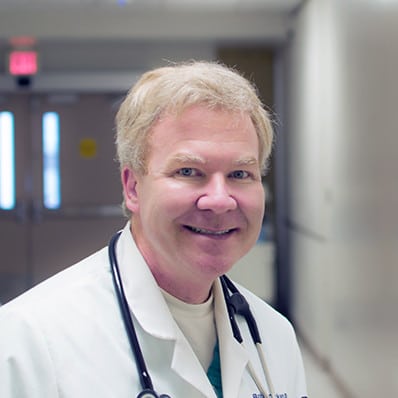Advanced Emergency Care: Dr. Robert Corkern’s Strategies for Handling Urgent Situations
Advanced Emergency Care: Dr. Robert Corkern’s Strategies for Handling Urgent Situations
Blog Article

As it pertains to healthcare, many people often confuse emergency medication with central medicine. Equally are essential divisions of medication, however they serve very different tasks in patient care. Dr Robert Corkern Mississippi, a distinguished medical specialist, explains the important thing differences between these two specialties, shedding gentle on their own focuses and how each plays a role in patient health. Knowledge the distinction between emergency medication and inner medicine will help people greater understand their healthcare wants and produce informed decisions.
The Emphasis of Emergency Medication
Emergency medication was created to give quick, intense care for people facing urgent or life-threatening conditions. Disaster physicians function in hospitals' crisis divisions (EDs), wherever they are the first place of contact for individuals encountering serious injuries, shots, center problems, and other medical emergencies. Dr. Corkern emphasizes that crisis medicine is all about stabilization and quick decision-making. Emergency physicians are qualified to handle a wide range of medical problems, often without having an in depth medical record of the patient, and must produce rapid judgments centered on confined information.
The principal aim of disaster medicine is to avoid further hurt, strengthen the individual, and begin the appropriate interventions. From trauma attention to handling center problems or shots, emergency physicians are professionals in managing acute symptoms and giving life-saving solutions in high-pressure environments.
The Role of Central Medication
On the other hand, inner medicine centers around diagnosing and controlling persistent disorders and problems that influence adults, such as for example diabetes, hypertension, and center disease. Inner medication specialists, or internists, assist people around a long period, providing comprehensive attention and prevention strategies. Dr. Corkern describes that inner medicine is largely concerned with the whole-body management of non-emergency medical issues. Internists frequently function as major care doctors, handling schedule check-ups, controlling ongoing therapies, and matching look after people with complicated, long-term wellness issues.
While emergency physicians address quick concerns, internists have a more holistic and long-term method of individual health. They usually function carefully with specialists in parts like cardiology, pulmonology, and nephrology to handle serious problems and make sure that people get coordinated look after numerous wellness concerns.
Instruction and Way of Care
Dr. Corkern highlights the variations in the training needed for equally fields. Disaster medicine involves physicians to be ready for a broad spectral range of situations that could need rapid, life-saving interventions. Emergency doctors are qualified to handle injury, critical disease, and intense exacerbations of persistent conditions. That education involves much concentrate on intense care and advanced life-saving techniques, often in high-stress environments.
On one other give, central medicine physicians undergo extensive teaching in the reduction, analysis, and therapy of chronic conditions. They focus on giving long-term care, usually managing a patient's medical record and matching with other specialists. The internist's method is patient-centered, with a focus on long-term wellness preservation and infection prevention.
When to Find Crisis Medication or Central Medication
Understanding when to seek crisis medication versus central medication could make all the difference in the rate and kind of attention an individual receives. If you're encountering a medical crisis, such as for instance extreme chest suffering, trouble breathing, or unexpected loss of consciousness, the er is the best place to go. But, for ongoing medical issues, serious illness management, or overall health maintenance, an interior medicine expert is usually the most effective position of contact.
Realization:
Both disaster medication and central medication play critical tasks in patient care, but their techniques, concentration places, and instruction vary significantly. Dr Robert Corkern's reason offers understanding on what these specialties purpose and when each is many relevant. By knowledge the distinctions, individuals can greater navigate their healthcare needs and ensure they are seeking the right type of attention at the proper time. Whether experiencing an urgent situation or handling a persistent issue, both specialists are essential in sustaining and improving health.
Report this page